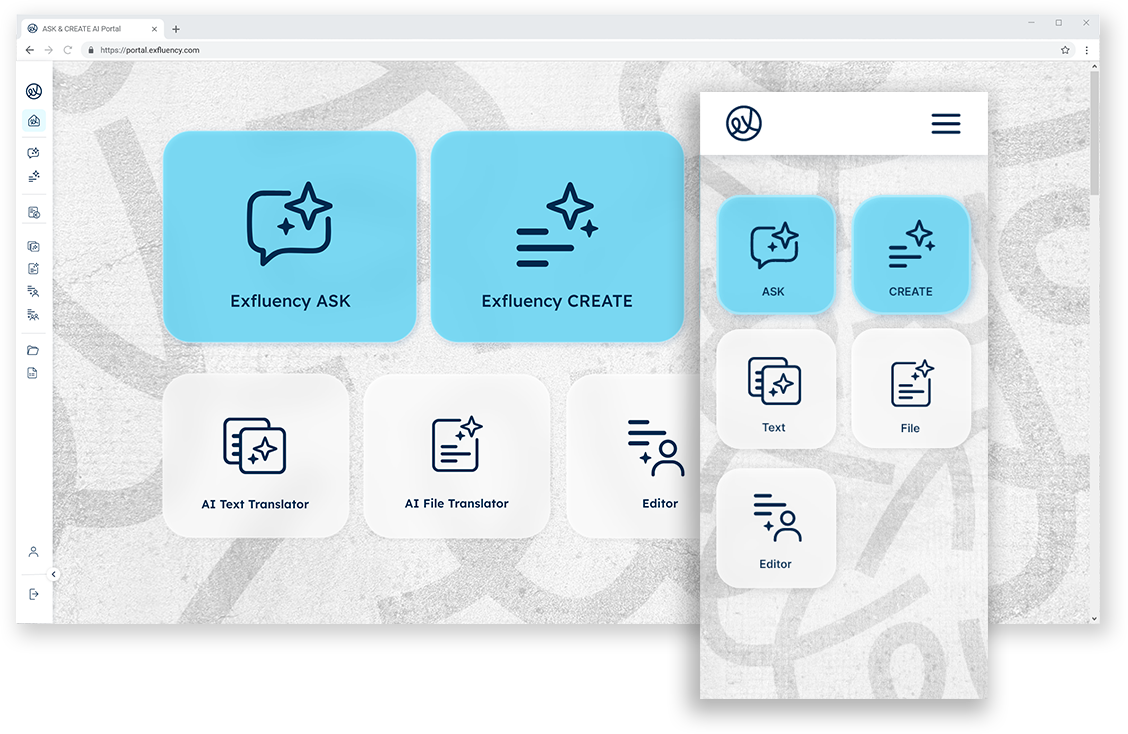Digital Denial: What Happens When We Ignore the Signals?
By the time disruption feels real, it’s already too late to respond.
That’s not hyperbole. It’s the nature of exponential change – especially in the age of artificial intelligence.
As Rob Etches and Lukasz Kaleta head to Bucharest for this year’s EURECAR event, they’re not bringing a workshop or a product pitch. They’re bringing a question:
What happens when the automotive aftermarket – or any industry – fails to adapt in time?
Their session isn’t just about the latest AI tools. It’s about risk. Exposure. Denial. And why pretending “business as usual” still works may be the most dangerous strategy of all.
The threat isn’t AI. It’s inertia.
We hear a lot about the dangers of using AI: bias, hallucination, data exposure. But there’s a quieter, more structural risk that doesn’t make headlines:
The risk of not using it at all.
Inaction is often treated as the safe choice. But in reality, not engaging with AI is a strategic decision. And increasingly, it’s the wrong one.
Avoiding change doesn’t freeze the landscape – it just leaves you standing still while everything around you accelerates. Systems decay. Margins erode. Competitors advance. And by the time you react, you’re not innovating – you’re recovering.
The challenge is to implement AI while at the same time guardrailing the company’s intellectual property and know-how. A business is nothing without its data – so don’t give it away.
Legacy thinking, present danger
Across industries – including the aftermarket – it’s easy to find organisations still anchored in yesterday’s assumptions. Structures built on legacy systems and legal frameworks treat the rise of AI as something external or optional.
The danger lies in underestimating how deeply these technologies are already embedded:
Over-reliance can be a silent vulnerability
Recently, an international organisation had its email access cut – not by hackers, but by a third-party provider based abroad. It wasn’t sabotage. It was simply… policy. Infrastructure control.
In that moment, the idea of digital sovereignty stopped being theoretical.
As one Danish digital policy expert put it: “We need a plan for digital decoupling from the US.” Jacob Herbst, Chair of the Government Cybersecurity Council.
And that’s the larger issue: when you rely on external infrastructure – whether it’s for data storage, communication, or AI processing – you’re only in control until someone else decides otherwise.
For the automotive aftermarket, that means asking:
Complacency isn’t a strategy
“We’ve always done it this way.”
“The old system still works.”
“We’ll wait and see what others do first.”
These aren’t decisions. They’re escape routes – and they’re rapidly disappearing.
Whether it’s the quiet erosion of margins in logistics, the slow creep of competitors who do harness AI, or the legal exposure that comes from using Big Tech tools with no governance – the warning signs are already here.
The only question is whether we’re willing to read them.
This is the conversation in Bucharest
Not that it is all doom and gloom. Yes, at the EURECAR session, Rob and Lukasz will point out what not to do – but they will also show how it is possible to harness this amazing technology.
They’ll explore practical mindset shifts:
